Cat Smith Working for Lancaster and Fleetwood
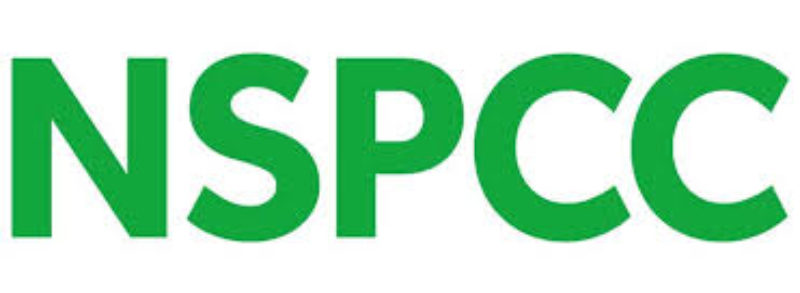
Child abuse can take many forms. It can be emotional, physical, sexual or a lack of love and attention through neglect. And it can happen to any child, in any family, in any place or online.
Abuse often happens over a period of time, rather than as a one-off event, and can have a devastating effect on a child’s development and society as a whole.
But it doesn’t have to be this way. We can all play our part in preventing abuse. And we can all help a child who’s experienced abuse to get their life back on track.
This month I’m highlighting the work of the NSPCC and hoping you may have the time or a bit of spare cash to perhaps consider volunteering, fundraising or donating to help children who otherwise might suffer without support.
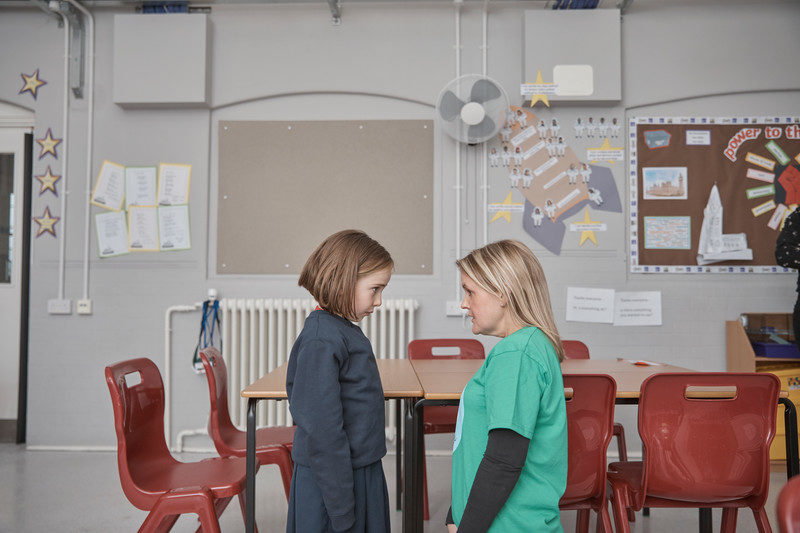
Letting The Future In
Abuse robs children of their childhood. Without help, the scars of abuse can last a lifetime. And as devastating as it can be for the child, society pays a heavy price too.
1 in 20 children have been sexually abused Without the right support, abuse can affect a child’s life for years to come. But it doesn’t have to be this way – if a child gets the right support at the right time, they can rebuild their life. Abuse doesn’t have to shape their future.
The NSPCC’s research shows there are not enough therapeutic services to help children recover from sexual abuse. They also found there was a lack of evidence for what works best when helping children who have been abused, and the quality of services that do exist is inconsistent.
Letting the Future In is the NSPCC’s therapeutic service for children aged 4-17 who have been sexually abused. They developed it, not only to help children recover, but to work out what works best and share these learnings – so more children can be helped. The NSPCC works with each child – helping them to explore and express their thoughts, feelings and experiences. When a child’s finding it hard to find the words therapists use activities like play and art to help them open up and express themselves. This can take anything from a few months to over a year, depending on what’s right for the child. The NSPCC also works with their parents or carers – supporting them to help their child recover.
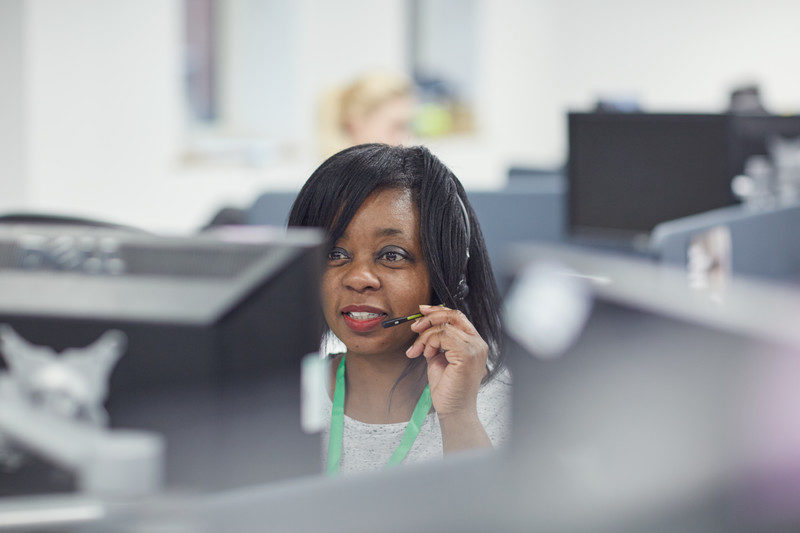
Childline
1 in 5 children in the UK have suffered abuse or neglect.
1 in 10 children struggle with mental health issues.
All children need someone to turn to, but they might feel like they can’t talk to their parents, or there’s no one they can trust. Without a safe space to speak out, children can suffer in silence for weeks, months, even years.
Childline was launched by Esther Rantzen in 1986. The principle behind the service was simple but revolutionary – a confidential, free helpline for any child to call. Over the years, the service has grown and developed into a place that any young person can turn to, whatever their worry – over the phone or online.
Every day of the year, 24 hours a day, Childline is there for young people – online and on the phone. The NSPCC’s team of over 1,400 experienced, volunteer counsellors at bases across the UK make sure children have access to confidential support when they need it most.
On average, a child contacts the Childline service every 25 seconds.
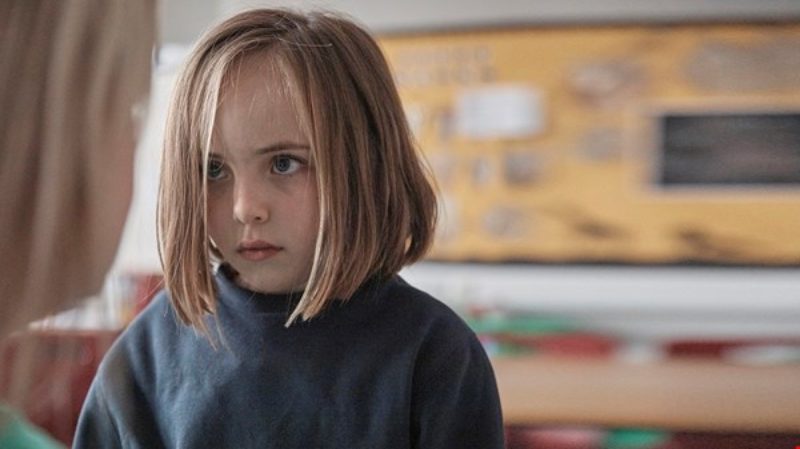
Speak Out, Stay Safe
In the average primary school class, at least two children have suffered abuse or neglect.
But many primary school children who suffer abuse don’t realise what’s happening to them is wrong. The NSPCC discovered that, when children were finding the courage to speak out and contact the Childline service, many were telling them that their abuse had been going on for years.
The NSPCC’s trained volunteers visit primary schools – teaching children how to recognise abuse and how to get help from a trusted adult or Childline. It’s all done through age-appropriate assemblies and workshops, with the help of the mascot Buddy, and colourful easy-to understand materials.
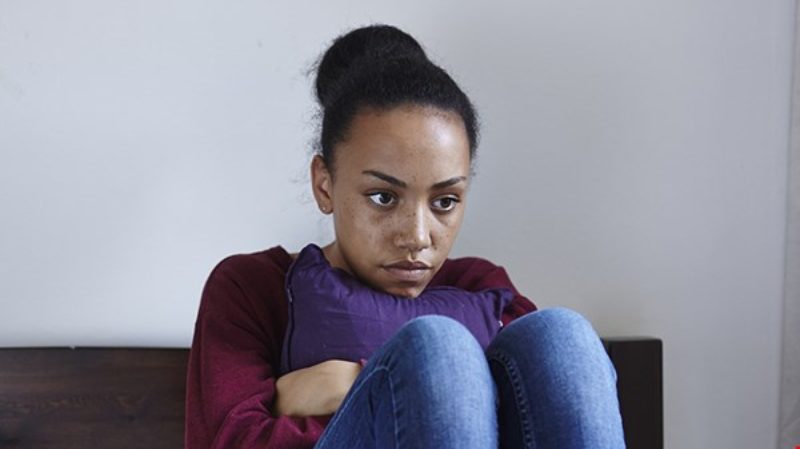
Talk PANTS
1 in 3 children who have been sexually abused by an adult did not tell anyone what had happened to them.
Over 90 per cent of children who have been sexually abused were abused by someone they knew.
Talk PANTS teaches children important messages to keep them safe – without any scary words, or even mentioning sex.
PANTS stands for: Privates are Private, Always remember your body belongs to you, No means no, Talk about secrets that upset you, Speak up, someone can help.
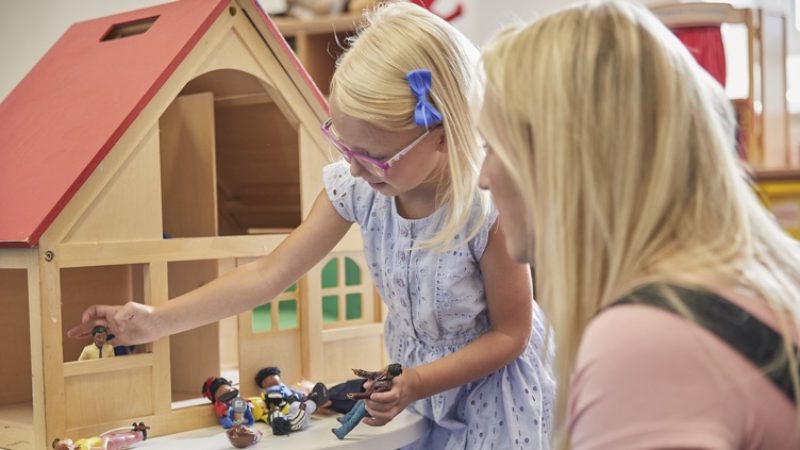
During 2017/18 the NSPCC spent over £93 million on services and activities to make children and young people safer. This includes working with children and families, helplines, schools service and child protection and awareness campaigns such as PANTS.
Whether it’s making a phone call to report a concern, taking a safeguarding course, volunteering for Childline or taking part in an NSPCC event, we can all play a part in the fight for every childhood.
Please visit www.nspcc.org.uk for more information on how you can help.
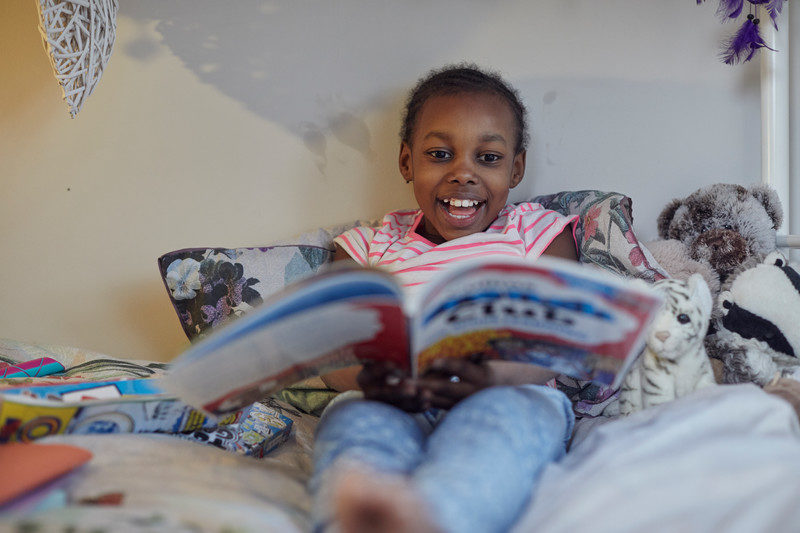
Helplines
Help for adults concerned about a child
Call 0808 800 5000
Help for children and young people
Call Childline on 0800 1111
For donation and fundraising queries
Call 020 7825 2505
